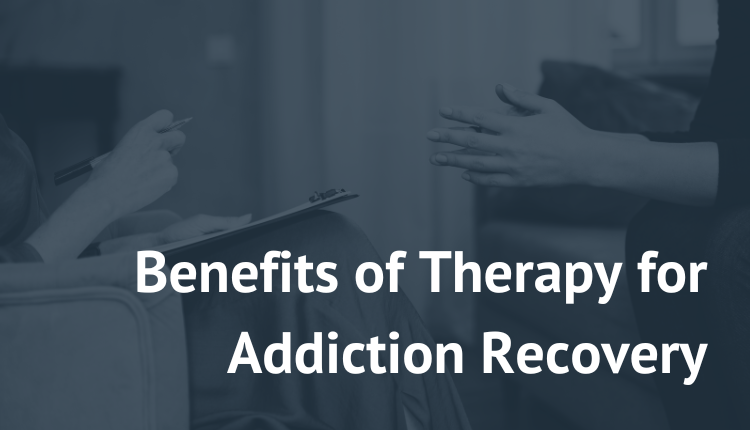Therapy plays a crucial role in addiction recovery. At New Paradigm Recovery, we emphasize the importance of therapy in helping individuals overcome substance use disorders. Therapy provides essential tools for managing cravings, developing healthier habits, and addressing underlying issues that contribute to addiction. Whether through individual or group therapy, the benefits of therapy in addiction recovery are numerous.
Here are some key benefits of therapy for addiction recovery:
1. Understanding the Root Causes of Addiction
One of the main benefits of therapy is gaining insight into the root causes of addiction. Many people with substance use disorders struggle with underlying emotional or psychological issues. Therapy helps individuals explore these issues, such as trauma or mental health conditions. As noted in Counseling and Therapy in Substance Abuse Treatment from the National Institutes of Health, “Effective addiction treatment attends to multiple needs of the individual, not just his or her drug use.” By understanding these underlying factors, individuals can begin the healing process and reduce the risk of relapse.
2. Building Healthy Coping Skills
Therapy teaches clients effective ways to cope with stress, anxiety, and triggers. Without proper coping mechanisms, individuals may turn to substances to manage difficult emotions. Therapy provides healthier alternatives, helping individuals handle challenges without resorting to harmful behaviors. A.ccording to WebMD, “Therapy helps people manage emotions, deal with cravings, and create a plan to avoid relapse.” By learning and practicing these skills, clients can maintain sobriety even in difficult situations.
3. Strengthening Relationships Through Communication
Addiction often damages relationships with family and friends. Therapy helps individuals rebuild and strengthen these relationships by improving communication and trust. Many programs, including New Paradigm Recovery’s, offer family therapy to help loved ones understand addiction and provide support during recovery. Family therapy also helps families navigate the challenges of rebuilding relationships in a healthy and supportive way.
4. Gaining Peer Support
Group therapy provides a powerful opportunity for individuals to connect with others going through similar challenges. Peer support can reduce feelings of isolation and provide accountability during recovery. At New Paradigm Recovery, group therapy sessions allow individuals to share their experiences, gain new perspectives, and build a strong support network. Peer support is essential for long-term recovery, as it helps individuals feel less alone in their journey.
5. Addressing Mental Health Issues
Many individuals with substance use disorders also struggle with mental health conditions like depression or anxiety. Therapy helps address both addiction and these co-occurring conditions. Treating both conditions simultaneously is essential for long-term recovery. The National Institutes of Health highlights that “counseling and therapy address both substance abuse and mental health conditions in an integrated treatment plan.”
At New Paradigm Recovery, we believe that therapy is a critical component of successful addiction recovery. Our approach focuses on personalized care that addresses each client’s unique needs. To learn more about the benefits of therapy in addiction recovery, visit our addiction treatment program page.
Therapy not only helps individuals understand their addiction but also equips them with the tools they need for long-term success.
Works Cited:
Substance Abuse Treatment: Group Therapy [Internet]. Rockville (MD): Substance Abuse and Mental Health Services Administration (US); 2005. (Treatment Improvement Protocol (TIP) Series, No. 41.) 1 Groups and Substance Abuse Treatment. Available from: https://www.ncbi.nlm.nih.gov/books/NBK64223/
WebMD. (n.d.). Counseling and addiction: How therapy can help. WebMD. https://www.webmd.com/mental-health/addiction/counseling-and-addiction-how-therapy-can-help

